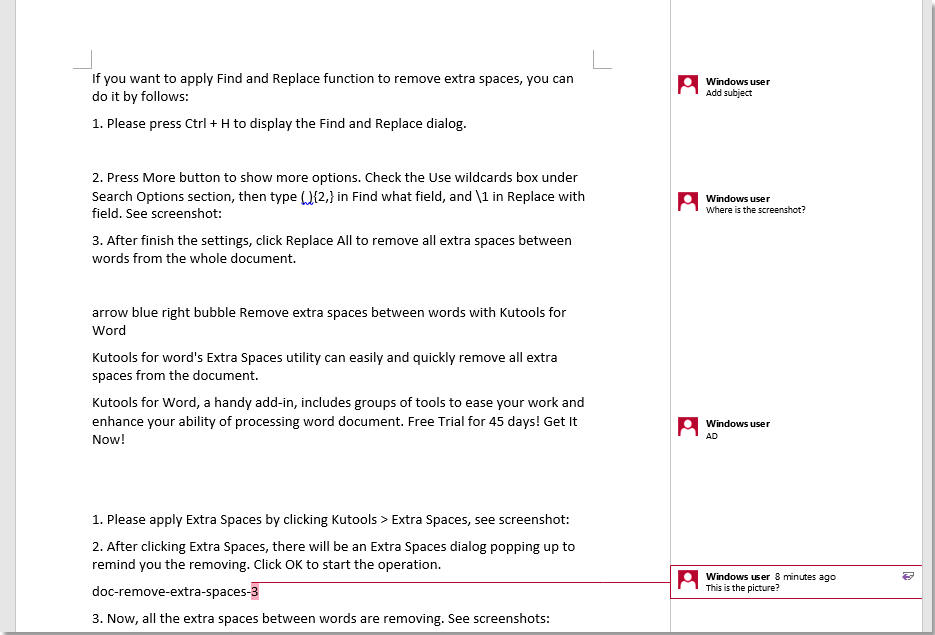

To access a property value, use the following syntax: $a., where $a stands for the individual author (user). Each author (user) owns a set of properties, which are VTL variables too. List of users, who created at least one comment or reply included in the report. Last name of the user, who generated the report.

Number of unresolved replies in the report.įirst name of the user, who generated the report. Number of resolved replies in the report.

Number of unresolved comments in the report. Number of resolved comments in the report.
#DIGIME TO EXPORT COMMENTS DOWNLOAD#
Download and move to that folder one of the following files:ĬommentsReport_full.docx - to generate a report with images of commented items.ĬommentsReport.docx -to generate a compact comment report without images.Use the Repository toolbar to create a new folder named Cameo_Collaborator_Template if such folder does not already exist.In the main toolbar of the the Cameo Collaborator portal, click Repository and open the Collaborator folder.To configure Cameo Collaborator for exporting comments To be able to export comments to a Microsoft Word document, you have to upload the desired comments report template to the Repository of Cameo Collaborator portal. Both templates can be used to get the statistical information about comments, that is, comments count, resolved comments count, etc.Ĭonfiguring Cameo Collaborator for exporting comments If you don't want these details, use the CommentsReport.docx template, which generates the compact version of a comments report. Use the CommentsReport_full.docx template, if you want generate a report with images of each commented item, including diagrams. Cameo Collaborator provides two templates for generating a report.


 0 kommentar(er)
0 kommentar(er)
